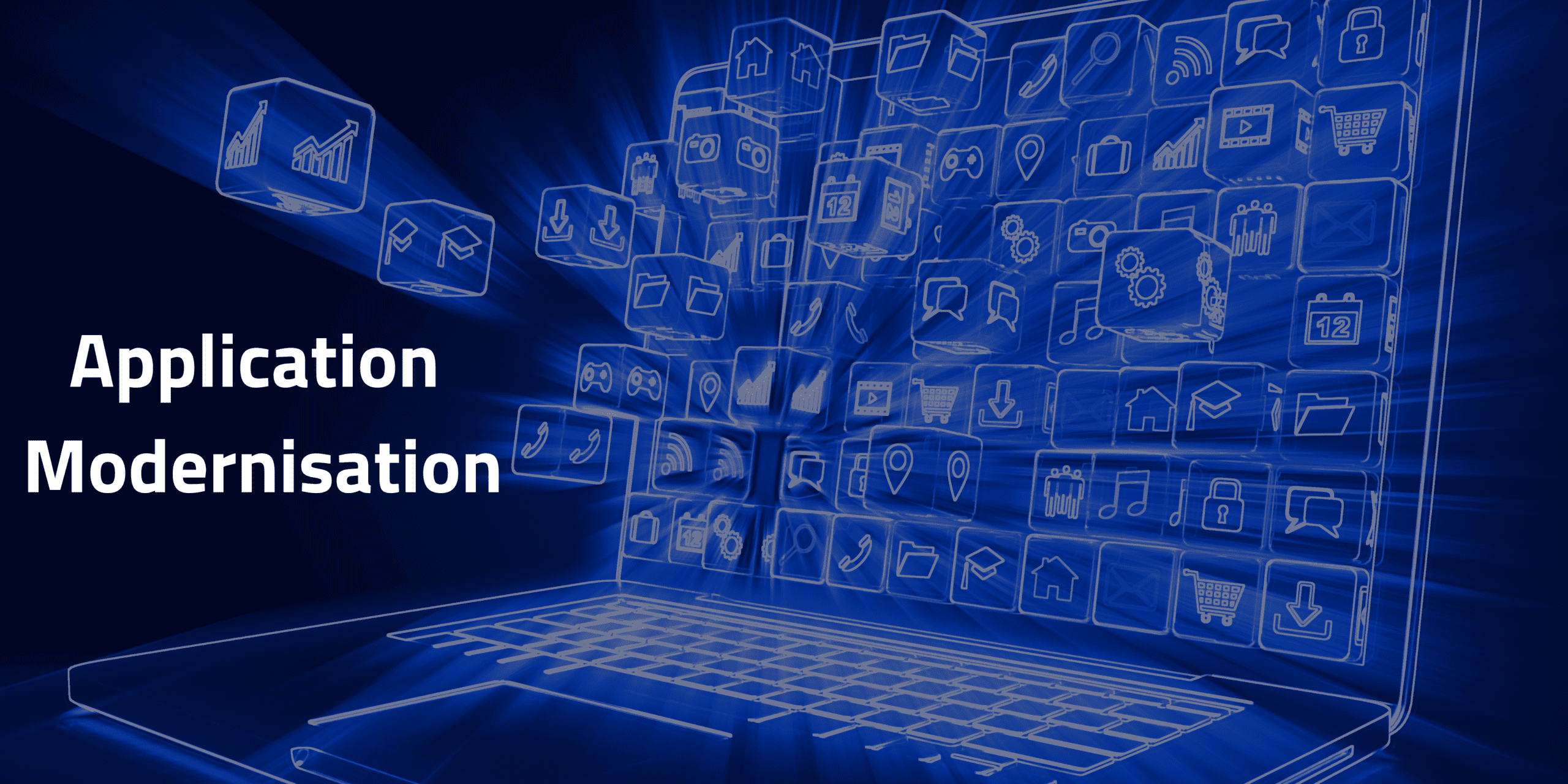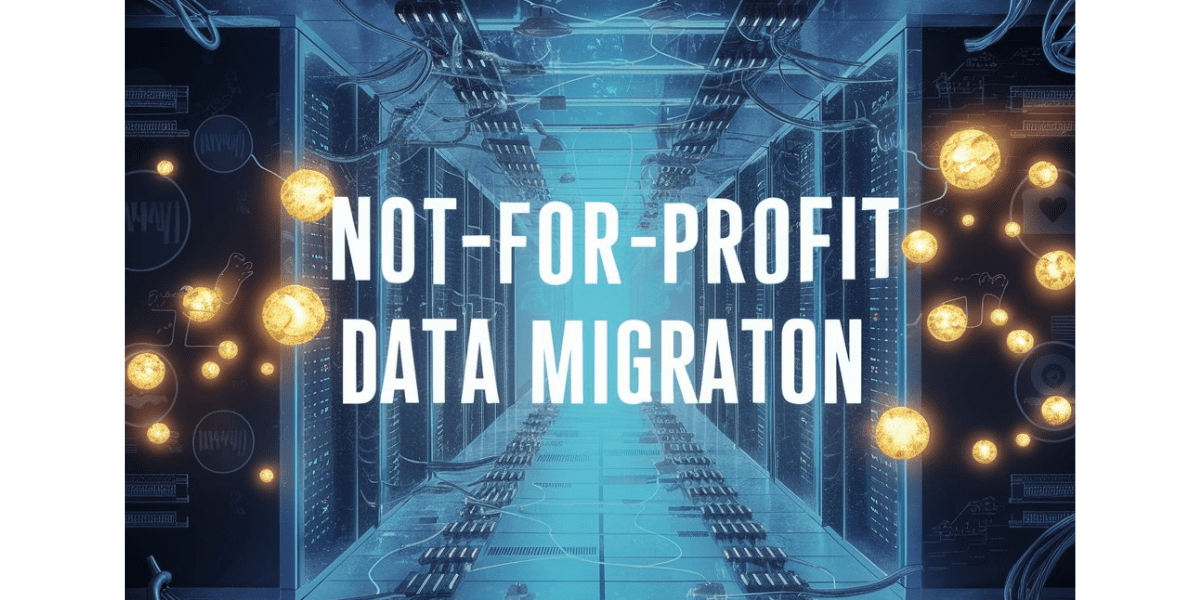The Challenge
Our client, a leading wholesale distribution company, faced significant challenges as their data environment reached its limits. The organisation experienced substantial growth, leading to increased demand for self-service data capabilities. Their existing data infrastructure was becoming cost-prohibitive and inefficient, with operational costs running up to $800,000 annually. They required a modern, scalable, cost-effective solution to manage and leverage their growing data volumes. Additionally, their current setup made it difficult to handle the scaling and integration needs necessary for future growth, particularly with tools like Power BI that needed to manage and analyse increasing amounts of data.
The Solution
Antares proposed the implementation of Microsoft Fabric, a modern, cloud-based data platform designed to meet the evolving needs of organisations like our client. The engagement began with a thorough Fabric architecture and roadmap planning workshop. The process involved several key phases:
- Architecture and Roadmap Planning: A comprehensive assessment of the client’s current data infrastructure and challenges, leading to the development of a detailed architecture and roadmap for the migration of Microsoft Synapse dedicated Pool to Microsoft Fabric.
- Readiness Planning: Ensuring that the client’s infrastructure and team were prepared for the transition, including pilot readiness and environment setup.
- Pilot Deployment: Implementing a small-scale pilot to test the technical feasibility and impact of Microsoft Fabric on a controlled subset of the client’s data environment. This phase focused on replacing one of the older environments first, which utilised outdated and costly technologies.
- Full Deployment: Gradually expanding the Fabric implementation across the entire data platform, ensuring minimal disruption and optimising costs and resources. This included leveraging Antares’ Fabric Meta-data Driven ingestion framework to handle the high volume of data (up to 100GB per day, 10,000 files daily), ensuring proper data validation, historisation, and seamless integration into the new platform.
The Result
The transition to Microsoft Fabric brought several significant benefits to our client:
- Cost Efficiency: By moving to a cloud-based platform, our client significantly reduced their operational costs.
- Scalability and Flexibility: Microsoft Fabric’s true SaaS nature allowed our client to scale their data operations seamlessly on-demand. This scalability was crucial in supporting their growing data needs and self-service capabilities.
- Enhanced Data Management: The new platform provided robust data historisation and validation features, enabling better data governance and traceability. This ensured that the client could efficiently manage changes in data, such as tracking historical address changes for customers.
- Improved Self-Service and Collaboration: The implementation empowered the client’s business and data communities by providing advanced self-service data capabilities. This facilitated better collaboration and data-driven decision-making across the organisation.
- Unified Security and Governance: Microsoft Fabric’s integrated security and governance features, including Microsoft Purview, provided a unified data security and compliance approach. This was essential in maintaining data integrity and meeting regulatory requirements.
- Future-Proofing: The modernised data platform positioned our client for future growth and technological advancements. By adopting Microsoft Fabric, they ensured their data infrastructure could evolve with emerging trends and demands.
- Streamlined Operations: The new framework optimised data ingestion and processing, handling large volumes of data efficiently. This improved the overall operational efficiency and allowed our client to focus on leveraging their data for strategic insights and actions.
The successful implementation of Microsoft Fabric not only addressed our client’s immediate challenges but also laid a strong foundation for continued innovation and growth in their data management capabilities.



